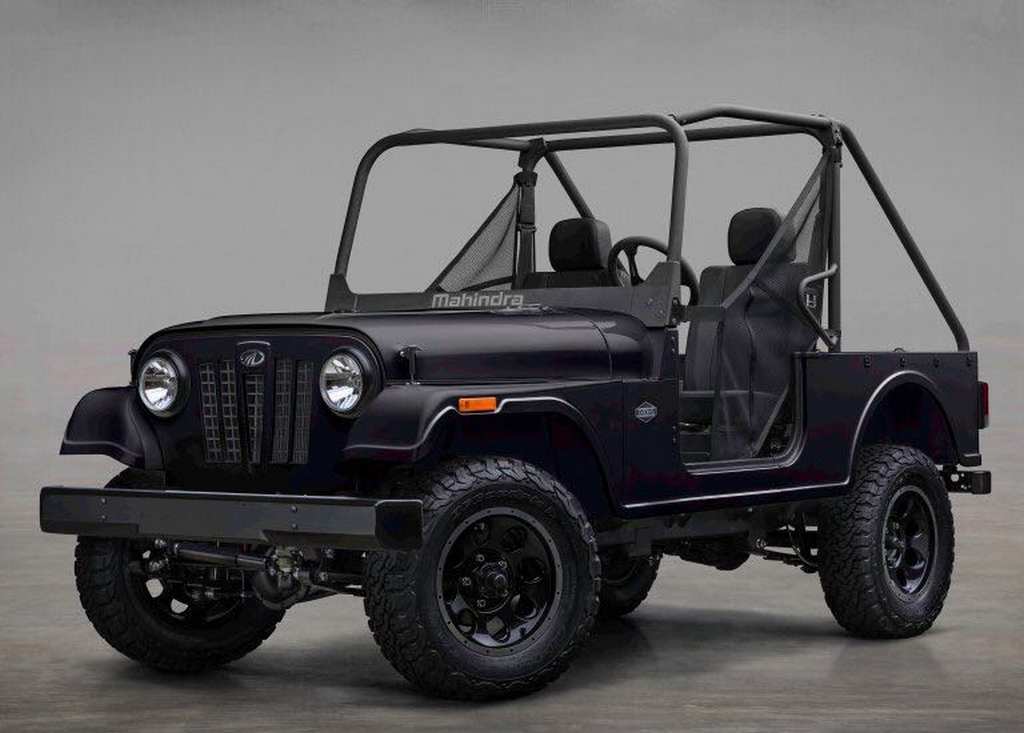Mahindra Roxor To Be Banned In US; Here’s The Reason Why!
Mahindra has high hopes for the United States market in its second coming and inaugurated its Auburn Hill facility in Detroit, Michigan earlier this year with an investment of over $ 230 million (approx. Rs. 1,600 crore) into its operations. The resilient Mahindra became the first non-domestic auto brand to establish its production base in Detroit since Mazda in 1987 and is planning to triple the work force by 2020 with further investment.
Mahindra’s North American division subsequently revealed the Roxor off-roader in March 2018 to appeal for the US customers in farming sector and is positioned as an off-highway class of vehicle with go-anywhere characteristics. Based on the same steel frame construction as the Thar, the Roxor competes against Kawasaki Mule Pro and Polaris RZR ATV.
 It takes power from a 2.5-litre four-pot diesel engine producing 64 hp and is mated to a five-speed transmission with four-wheel-drive system as standard. The Roxor has authentic 4×4 looks and its historic connections with Jeep have put it under a whole lot of trouble.
It takes power from a 2.5-litre four-pot diesel engine producing 64 hp and is mated to a five-speed transmission with four-wheel-drive system as standard. The Roxor has authentic 4×4 looks and its historic connections with Jeep have put it under a whole lot of trouble.

The Roxor has vintage horizontal grille slats, boxy proportions, flared wheel arches and an upright front end with round-shaped headlamps. Fiat Chrysler Automobiles (FCA) has had a hard look into the Roxor and decided to file US trade compliant against Mahindra, as it resembles the iconic Jeep despite Mahindra making changes to differentiate it from Thar or any other older models.

FCA wants Mahindra to stop importing Roxor into US via CKD route and assemble at Detroit. The compliant filed on August 1 at US International Trade Commission claims Roxor to have violated key elements of Jeep such as the boxy body structure with flat vertical sides and rear body ending with the same height as the bonnet.

FCA Group basically says the Roxor is a knock-off of the iconic Jeep design-wise and the compliant had pictures illustrating Roxor and Jeep’s similarities. FCA claims the “accused product was modelled after original Willys Jeep” and it damages the Jeep brand’s reputation, goodwill and business in the American market.



















